Episode 153: Turning A Bad Day Around
Apple Podcasts | Spotify | Android Devices | RSS
In Our Conversation Today, We’re Exploring:
Why the myth of the morning routine may be more of a burden than a benefit
Strategies you can use to help you turn your tough day around
Why working harder doesn’t help us get through bad days
What Macklemore, Office Space, Dead To Me have to do with recovering from “bad days”
What happens when you find yourself having a bad day?
What happens if you wake up tired, or the morning goes poorly, or you’re stuck in a spiral of grumpiness and disorganization before your second cup of coffee? Can the day be redeemed?
When we find ourselves having a rough start, or feeling like the, the week or even the month is lost, it’s helpful to have a set of go-to strategies that help us to reflect on what’s happening in the moment and redirect ourselves to a reset that works.
Whether it’s orienting ourselves in our body and in the present moment, finding five deep breaths (a practice that’s proven to help reduce stress), journaling, or heading out for a walk, it’s important to remember that we have options.
Checking in with our body may allow us to recognize that it’s not a bad day, but maybe we’re actually hungry, tired, or dehydrated. When we don’t catastrophize we can hit pause on the stories we’re telling ourselves. And we can use that pause to pivot in a new direction for the rest of the day.
This practice can help in so many ways because our problems can get larger if we tell ourselves we just have to grind through them.
Sometimes the solution isn’t to work harder but rather to take a deep breath, recognize our small victories, and resolve to create more good moments with purpose.
Connect with us:
Love the Inside Job? Consider buying us a coffee!
Follow @insidejobpodcast on Instagram, LinkedIn, and Facebook
Email us with your questions, thoughts, or ideas for future conversations at info@insidejobthepodcast.com.
Subscribe to the Inside Job newsletter to receive exciting updates about our community and get exclusive access to coaching, extra content, our hosts, and each other.
Getting something out of our conversations? Show our podcast some love.
Please subscribe on iTunes, Spotify, or your favorite podcast app and tell your friends.

